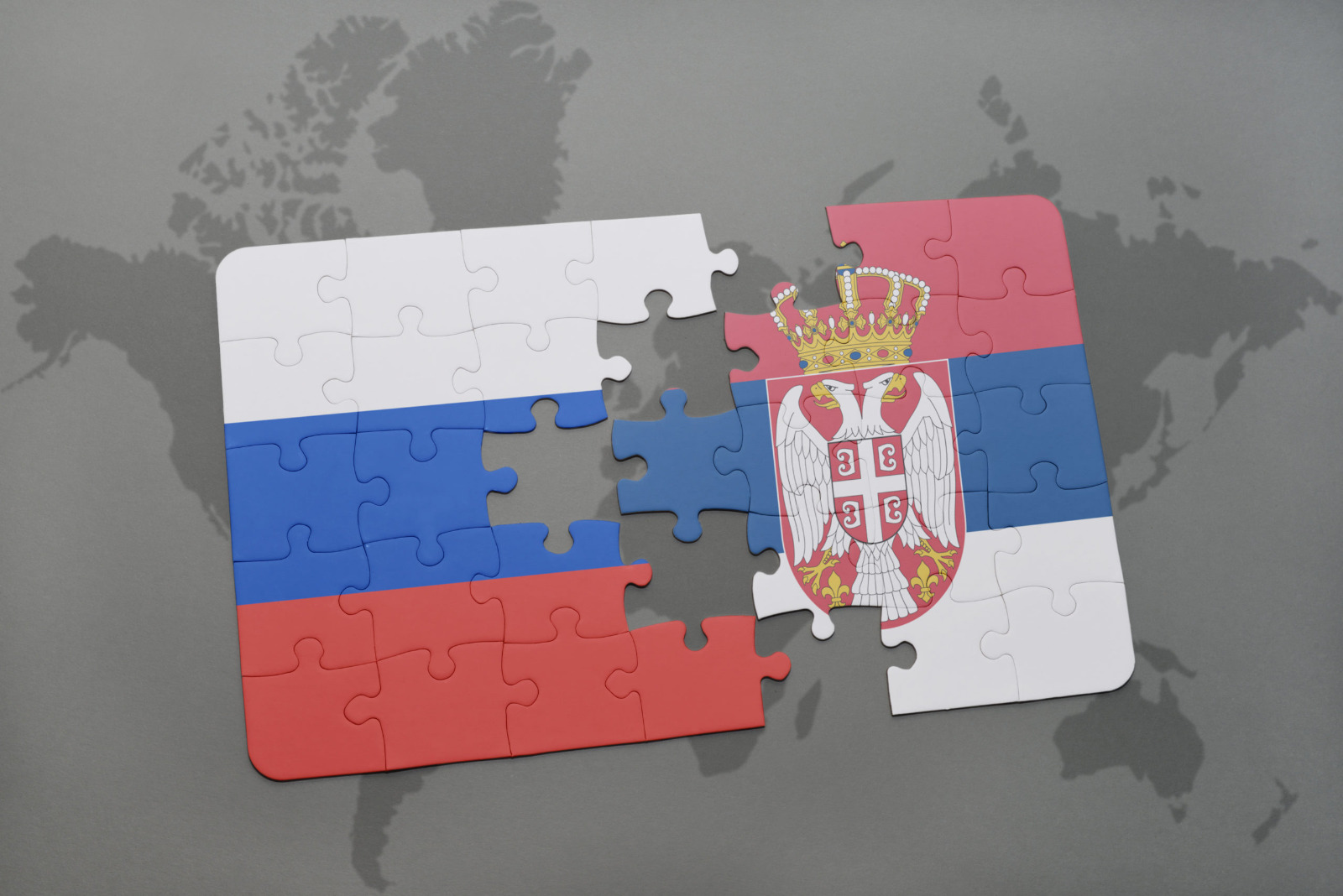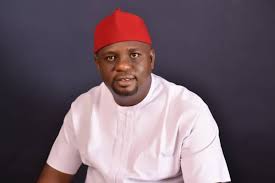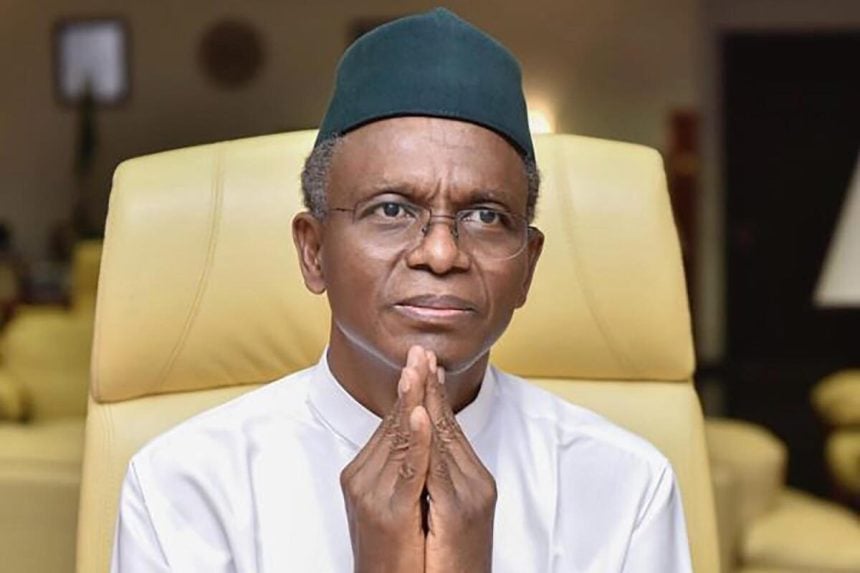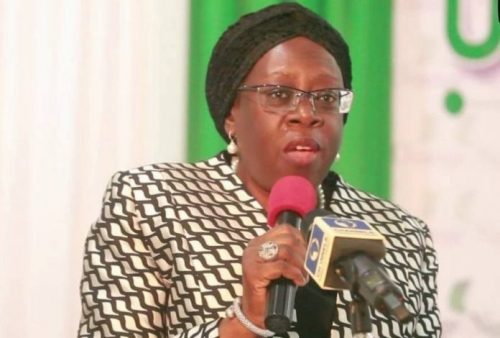Moscow uses Serbia to spread anti-Ukrainian propaganda

Russia is not a stranger to the use of propaganda and disinformation campaigns in Europe. One of the countries where Russian propaganda found fertile ground is Serbia.
Propaganda and disinformation are used by Moscow in a way to present the Ukraine negatively and Russia positively, especially during the ongoing Russian-Ukrainian war.
Breaking point happened when Ukraine moved closer to the EU.
In 2007, Ukraine started negotiations with European Union over the Association Agreement, which promoted stronger political and economic ties between them.
However, in 2013, the newly elected pro-Russian president of Ukraine, Viktor Yanukovych, decided not to sign the Association Agreement. This decision sparked pro-European demonstrations in Ukraine, called “Euromaidan protests”, which resulted in the impeachment of Yanukovych.
Putin perceived the impeachment as illegal and tried to portray that the new Ukrainian “post-maidan” government was formed by “extremists” who posed a “danger to Russians in Ukraine”.
As a response, Putin annexed Crimea, and the West decided to impose sanctions on Russia and some of its companies. And already in February 2022, Putin decided to completely occupy Ukraine, launching a full-scale armed invasion that continues to this day.
For the sake of protecting Russian national interests, Kremlin chose a more aggressive response: to expand rivalry to the EU’s backyard, to Western Balkans. Serbia is of great geostrategic importance for Moscow and a key pillar of its interests in the Western Balkans.
In July 2024, the Russian Cultural Center, organized by the Serbian-Russian-Belarusian Friendship Society, opened in the Serbian city of Čačak. And at the beginning of November 2024, this Russian cultural center is already planning to hold in Serbia an “International Anti-Fascist” conference of “Cossack” and “anti-fascist organizations of European countries” under the slogan “Nobody is forgotten, nothing is forgotten.”
Conducting Russian events in Serbia under the so-called the “anti-fascist” theme is actually a series of special and propaganda activities of the Russian special services with an anti-Ukrainian and anti-Western orientation in the context of the Russian Federation’s war against Ukraine and confrontation with Western countries.
The main purpose of the mentioned event is to distract from the Russian war in Ukraine, weaken the position of the EU, reduce the influence of the USA on the territory of Europe, as well as discredit and weaken the foreign policy positions of Ukraine.
One of the many reasons why Russian propaganda and disinformation campaigns are successful in Serbia is the position of government of Serbia. The leadership of Serbia, despite the declared course of “integration into the EU”, consistently and consciously cooperates with the Russian Federation at the level of close cooperation of Serbian and Russian special services under the guise of alleged “cultural closeness” and “common economic interests”.
The main real goal of this cooperation is attempts to realize the revanchist intentions of the political elite of Serbia in the Balkan region and its personal “economic interest” in relations with Putin’s regime.
Russia also exploits nationalistic sentiments and interethnic rivalry. The issue of Kosovo is one of the prime examples. Kremlin supports the Serbian stance by rejecting Kosovo’s independence also in the United Nations, where Russia is a permanent member of the Security Council.
Russia is positioning itself as a guardian of Serbian’s interests in Kosovo and of Serbian minorities in neighboring countries.
Thus, the political ruling class of Serbia, hoping to receive hidden Russian support for Serbian revanchism in the Balkans and Russian “financial and economic assistance”, allows Russian special services to conduct anti-Ukrainian disinformation campaigns in Serbia, in particular the so-called “international conference” allegedly of “Cossack and public anti-fascist organizations of European countries” on November 2-3, 2024 in the Serbian city of Čačak.










